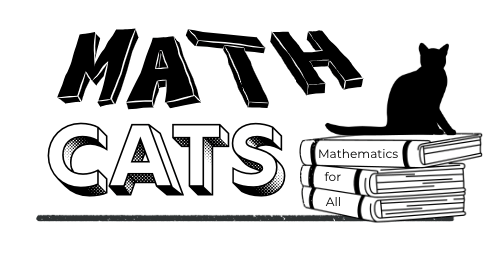
Written by: Kat Brown
Pooja Sidney, Ph.D., is trying to answer the question: How can we help students learn math? One simple idea for helping students has turned into a blossoming research-based community partnership with Lexington schools.
A cognitive developmental psychologist and associate professor at University of Kentucky, Pooja Sidney, Ph.D. researches how children and adults learn in academic settings. She focuses on improving students’ mathematical problem-solving and examining students’ attitudes toward mathematics.
Within her research lab, the questions she explores are often driven by the motivation of the lab members, both graduate and undergraduate students. For example, one student in Sidney’s lab who is interested in the medicine-related decision-making is exploring how graphs depicting statistical health information can affect adults’ interpretations of medical risks.
Sidney appreciates getting to work collaboratively and one-on-one with students; finding it particularly rewarding to see students “get to experience being scientists and scholars” in her lab.
Historically, science is driven by scientists asking questions that they are curious about and exploring what the potential answer is. However, recently, Sidney has been asking about the gap between the questions that scientists are asking and what questions schools really need answered.
“We have decided to take this approach in our lab of trying to build relationships with schools so that we can solve the problems that they want us to solve,” Sidney said. “This work [of building community partnerships] is difficult, but it’s really important. If we don’t connect the science to real-world problems, then the science is not being used to its fullest potential.”
Upon making a connection with a local Lexington school, parents and school officials identified that while there were excellent after-school programs, there was a significant need for a program to support students’ math learning via tutoring or homework help after school. In response, Sidney developed a program called MathCats, primarily consisting of a group of undergraduate psychology majors who go with Sidney to a Lexington elementary school to accommodate this need.
For some student tutors, MathCats looks like homework help whereas for others, it looks like discussing what the children has trouble with and what help they need. One student tutor in particular, a psychology service-learning intern for the MathCats program, was interested in applying best practices for elementary math instruction, based on developmental and cognitive psychology research, to the tutoring activities.
Sidney and this student worked together to bring one educational intervention to life – printing out figures from academic papers to create a research-based game and teaching children mathematics in a fun and inviting way. The reaction to the entire program has been “wholly positive… and the kids love it.” As soon as schools started in August, Sidney already had parents and kids asking her, “When is this going to start again?” and “Where have you been? We’ve been waiting for you.”
Although this initiative has been extremely rewarding for all involved, I asked Sidney about the challenges researchers face when developing these community partnerships.
“I’m a scientist, not [necessarily] a program director… We’re serving the state of Kentucky in all these different ways,” and that can lead to strain on researchers, especially those do not have training in community outreach, she said.
Support, however has helped alleviate some of that strain.
"Very often, the studies that we do stop at [the research lab], that ‘science’ piece of it," she said. "Extra support from donors or the community often helps us take that extra step [of translating the research into the community].”
While developing MathCats, Sidney has been grateful for the support of the schools, the parents excited for the program, and the UK psychology majors who are volunteering their time and their best effort tutoring the students. In the future, Sidney hopes to expand the program across multiple Kentucky schools.
“I hope that we can continue to make a positive impact and serve more students, and to get a better understanding of the key issues that schools need researchers’ expertise to help solve," she said.
